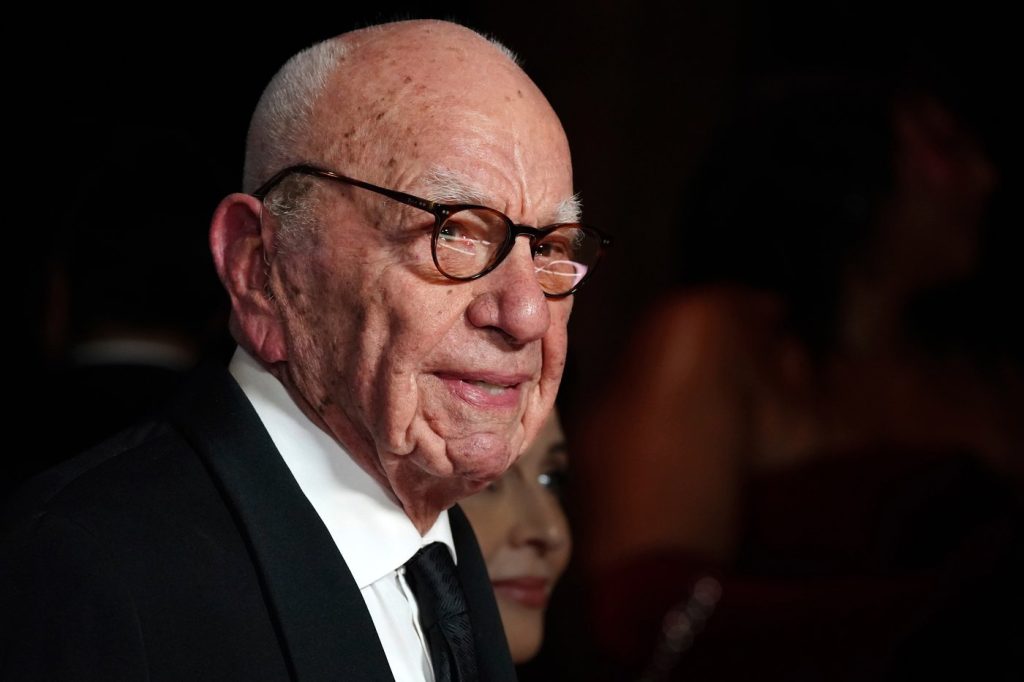McDonald's has taken a strong position against the practice of allowing tipped wages in the restaurant industry, a system that permits managers to compensate servers with less than the federal minimum wage as long as their tips bridge the gap. During an interview on CNBC, Chris Kempczinski, the Chairman and CEO of McDonald's, expressed his discontent with this payment structure, emphasizing its negative impact on fair labor practices.
Kempczinski stated that while he supports President Donald Trump's initiative to eliminate federal taxes on tips, this policy does not benefit McDonald's employees since they typically do not receive tips. He highlighted that in many states, traditional sit-down restaurants are allowed to pay servers as low as $2.13 per hour, a minimum wage set by federal law in 1991, with the expectation that tips will make up the remainder of their earnings.
Kempczinski pointed out the inequity in this system, stating, “So right now, there’s an uneven playing field. If you are a restaurant that allows tips or has tips as part of your equation, you’re essentially getting the customer to pay for your labor and you’re getting an extra benefit from no taxes on tips.” His argument stresses that systems allowing tipped wages create a competitive disadvantage for fast-food establishments like McDonald's, which do not rely on tips for their workers’ income.
Interestingly, seven states, including California, Nevada, and Minnesota, require that restaurants pay servers a minimum wage before calculating tips. Kempczinski endorsed this practice, arguing that it helps decrease poverty levels and reduce employee turnover rates. He further asserted the necessity for such a policy to extend across all 50 states, indicating McDonald's openness to discussions about raising the federal minimum wage.
As part of the conversation, Kempczinski was promoting McDonald’s new Extra Value Meals, which are aimed at providing discounted prices for a meal that includes an entrée, side, and drink. This initiative is positioned in response to changing consumer behavior, specifically targeting lower- and middle-income customers who have recently been reducing their fast-food visits due to rising prices.
The average price of a combo meal in the U.S. is now above $10, which compels McDonald's and other fast-food chains to compete more directly with traditional sit-down restaurants. For example, chains like Chili's are currently offering meals that include an entrée, drink, and appetizer for $10.99. Kempczinski insinuated that such deals may be partly feasible for sit-down restaurants because they can pay their servers below minimum wage, thus leading to lower operational costs.
McDonald's stance on the tipping wage issue has led to significant changes in its industry relationships. The company is no longer a member of the National Restaurant Association, which represents over 500,000 restaurants and bars. The association has confirmed that McDonald's departure from the group is due to a policy disagreement regarding operational standards and labor practices.
The National Restaurant Association reiterated its commitment to support sustainable growth and workforce development across the restaurant industry, despite McDonald’s recent decision. As a result of these developments, shares for McDonald's experienced a minor decline of less than 1% on Friday.












